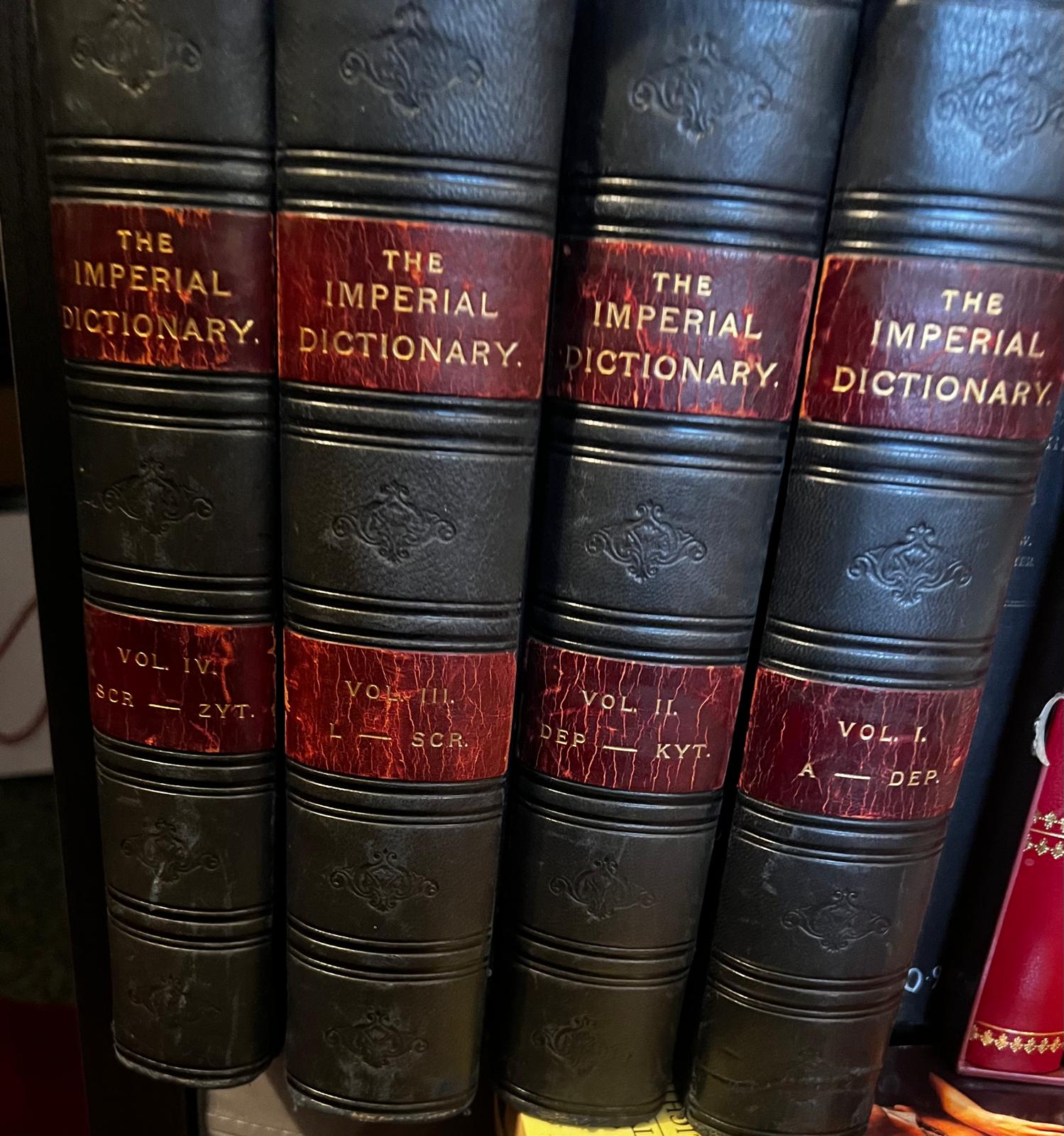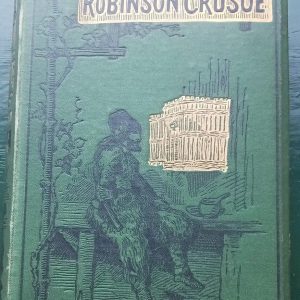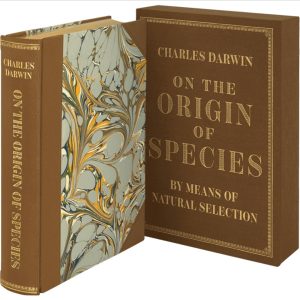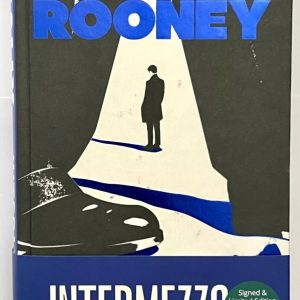The Imperial Dictionary is a monumental lexicon that blends comprehensive language definitions with encyclopedic knowledge, making it a valuable resource for scholars, writers, and historians. Initially conceived as an expanded version of Noah Webster’s dictionary, the Imperial Dictionary was edited by John Ogilvie and first published in the mid-19th century. Its primary aim was to surpass other dictionaries of its time by offering not only detailed word definitions but also rich illustrations and expanded entries on technical, scientific, and cultural subjects.
This dictionary is renowned for its precision, breadth, and scholarly rigor. It includes words from various disciplines, reflecting the rapid expansion of knowledge during the Industrial Revolution. Each entry provides phonetic pronunciation, etymological origins, and detailed definitions, often accompanied by examples of usage. What sets the Imperial Dictionary apart is its incorporation of encyclopedic information, which offers readers deeper insights into topics like history, geography, and science.
The editions are often characterized by their large, folio-style volumes and meticulous attention to typesetting. Many versions include intricate engravings and illustrations that enhance the understanding of complex subjects. As both a dictionary and a compendium of knowledge, the Imperial Dictionary was a precursor to modern encyclopedic dictionaries, bridging the gap between linguistic reference and academic inquiry.






Reviews
There are no reviews yet.